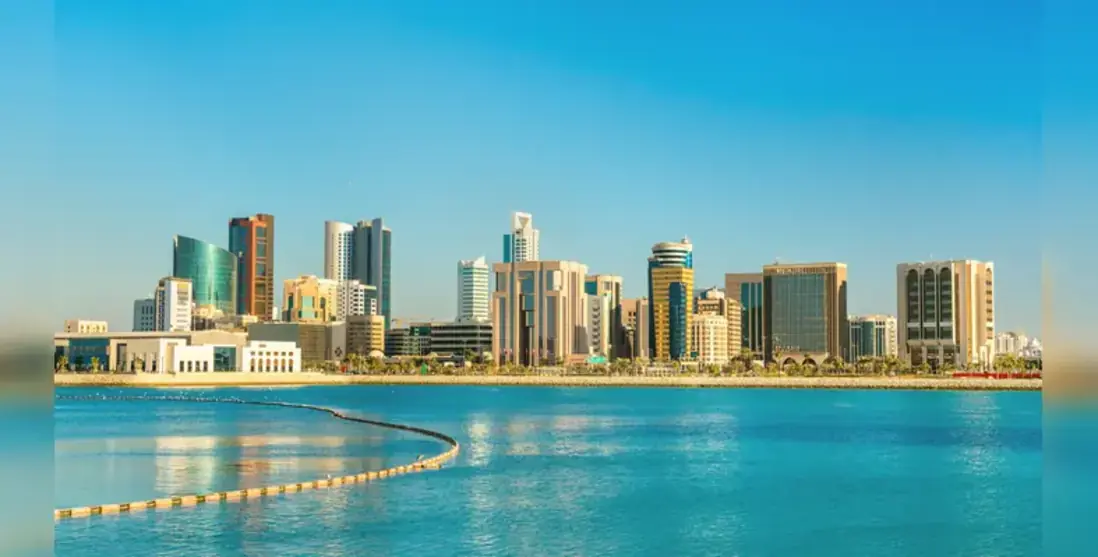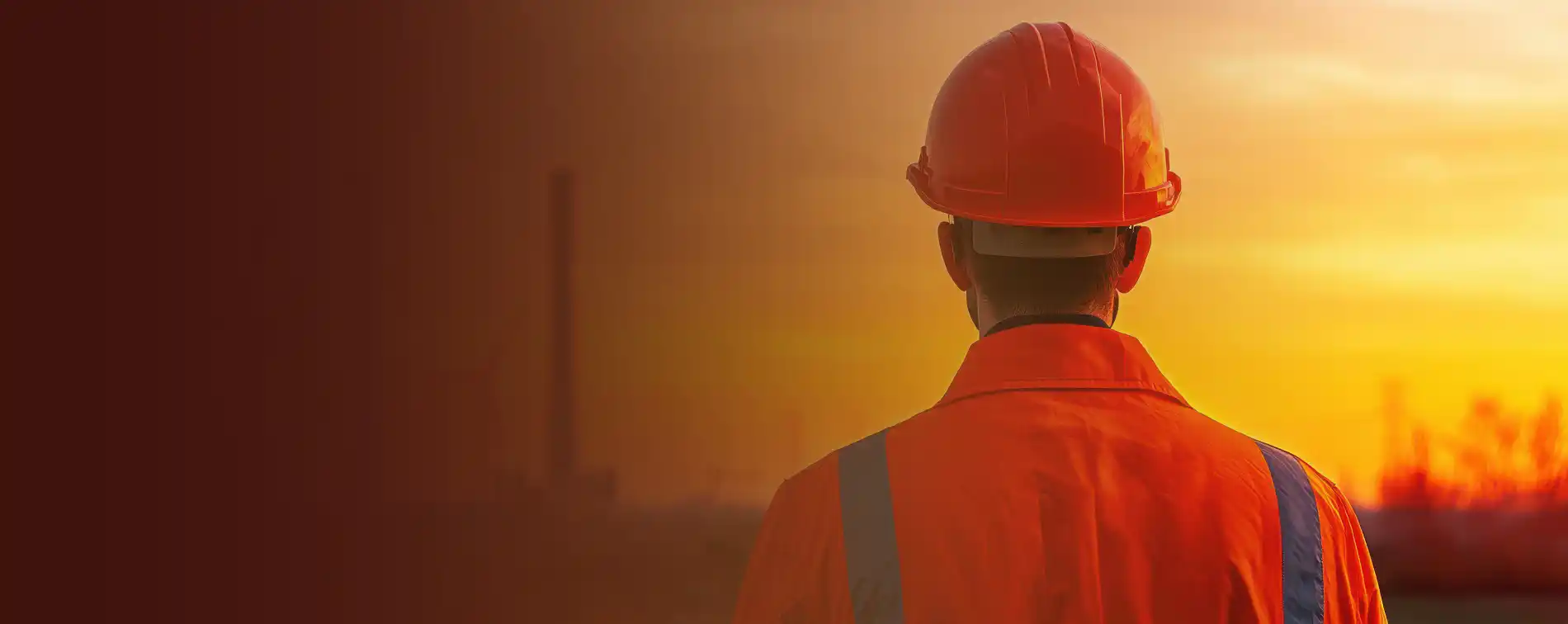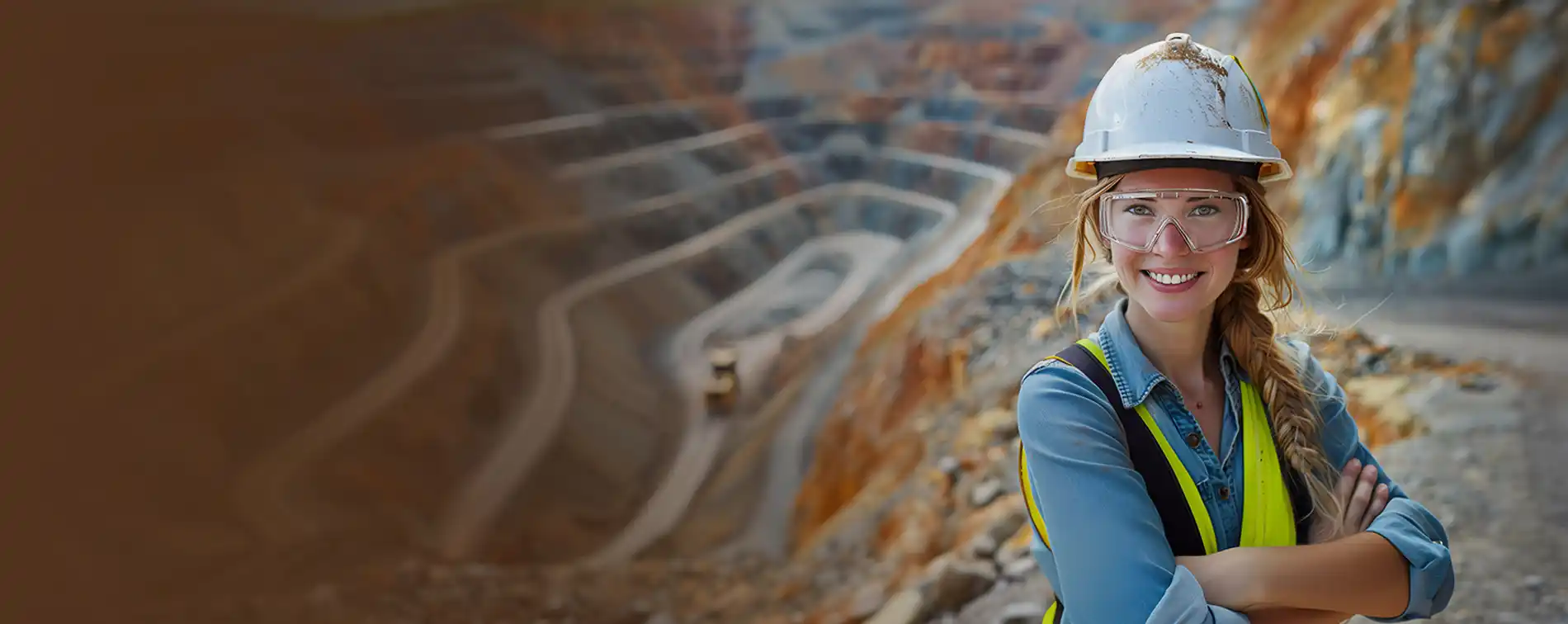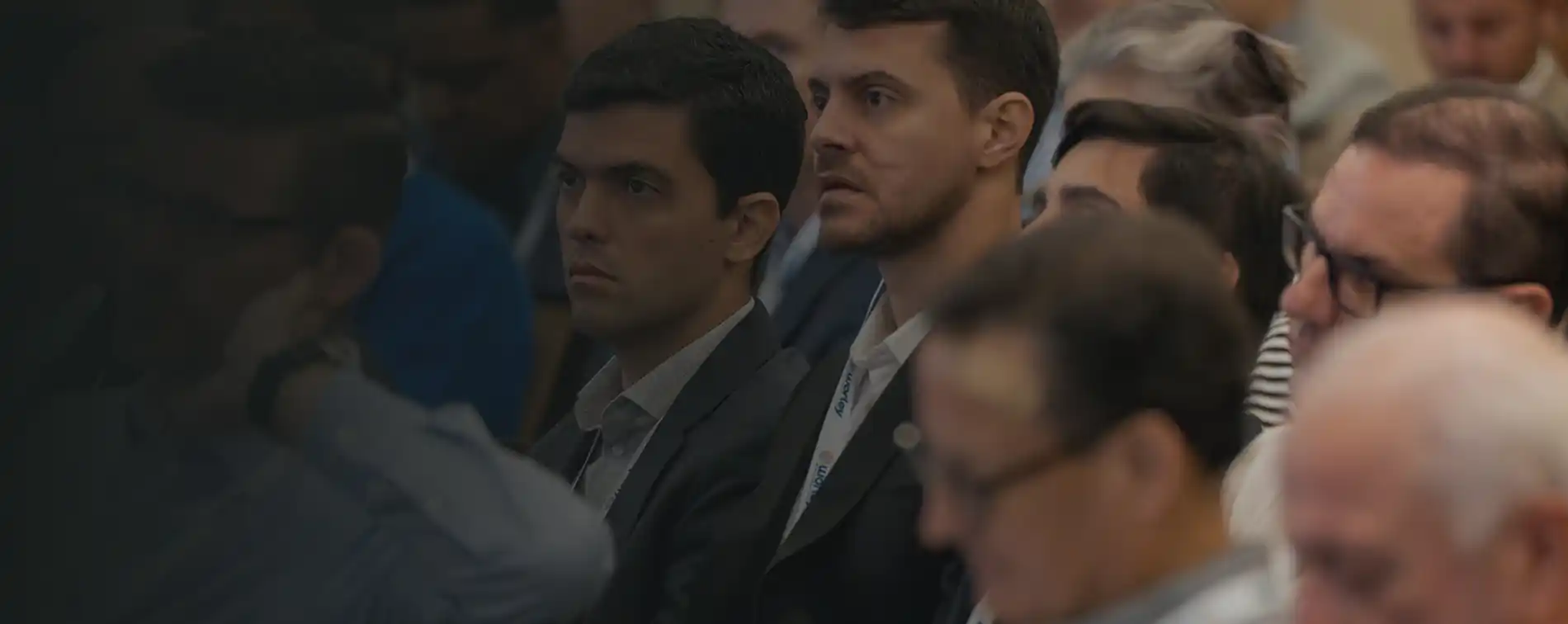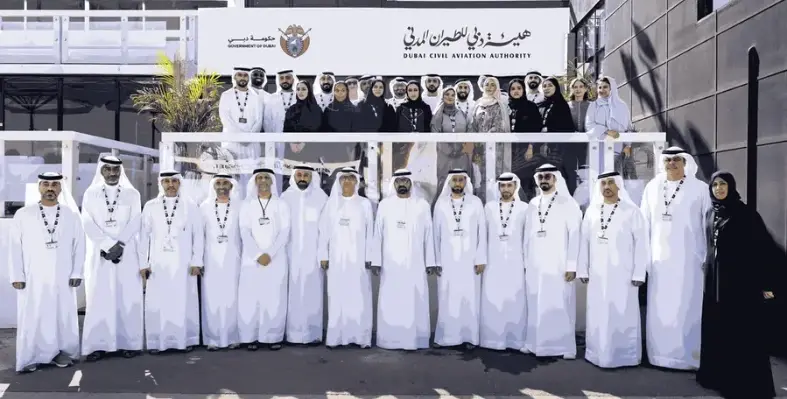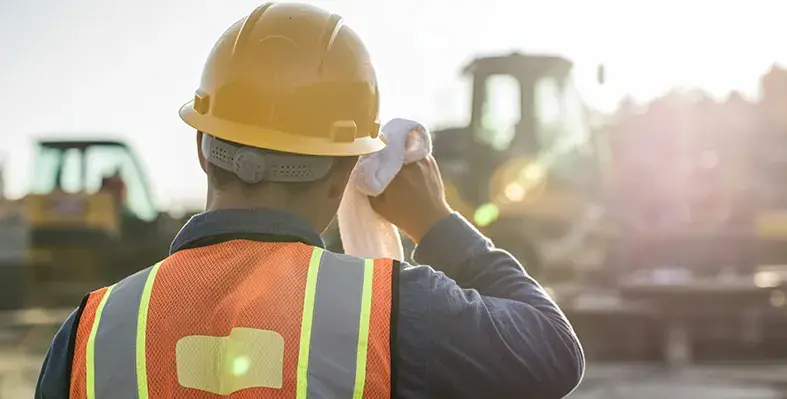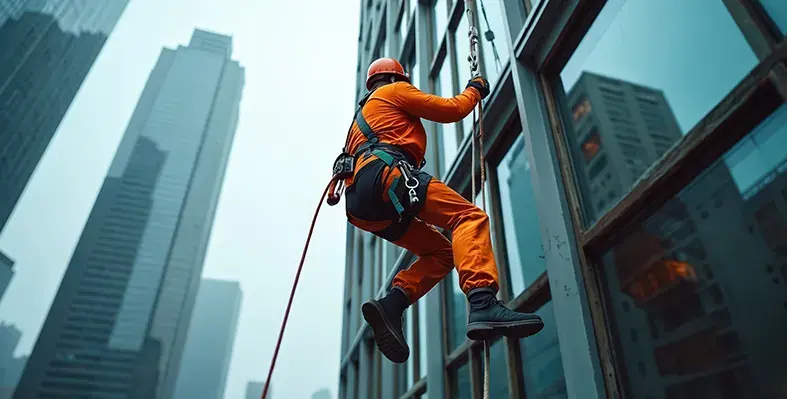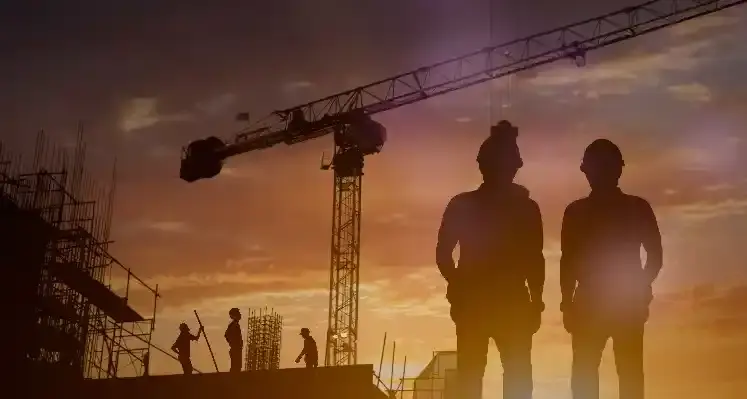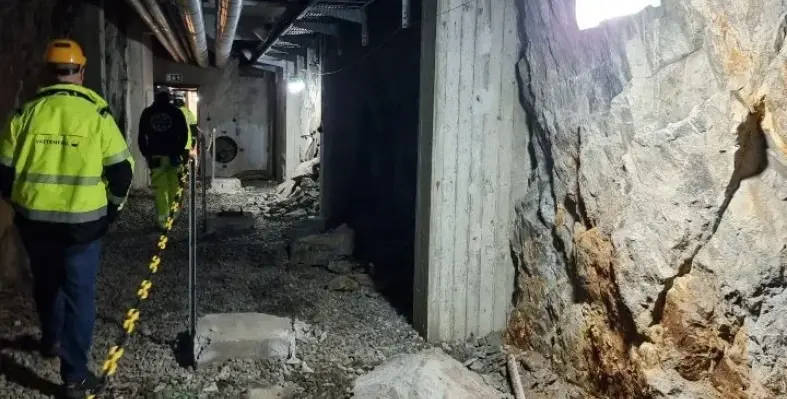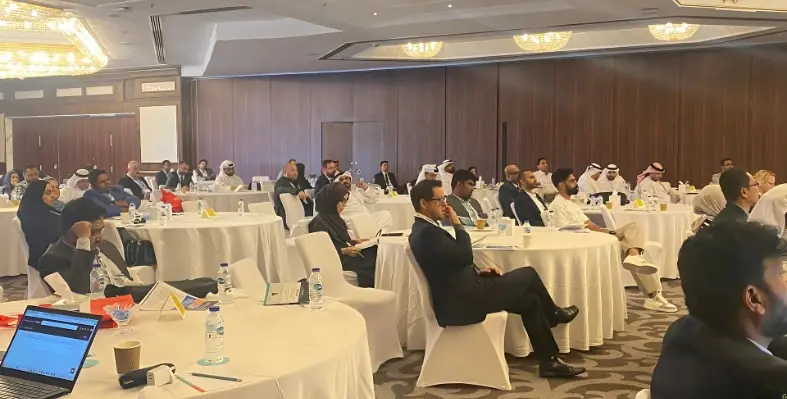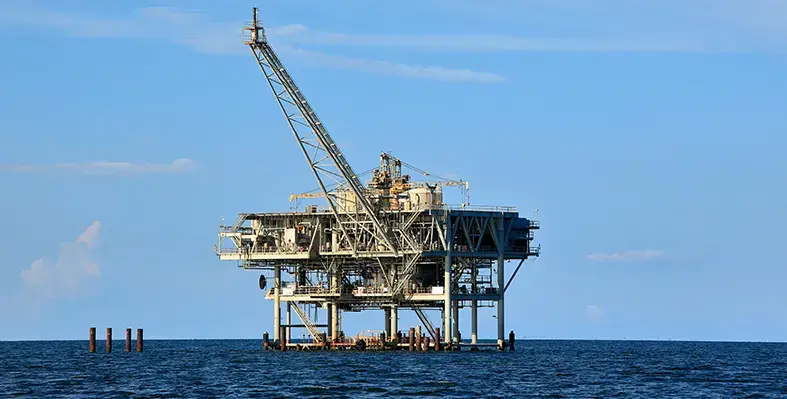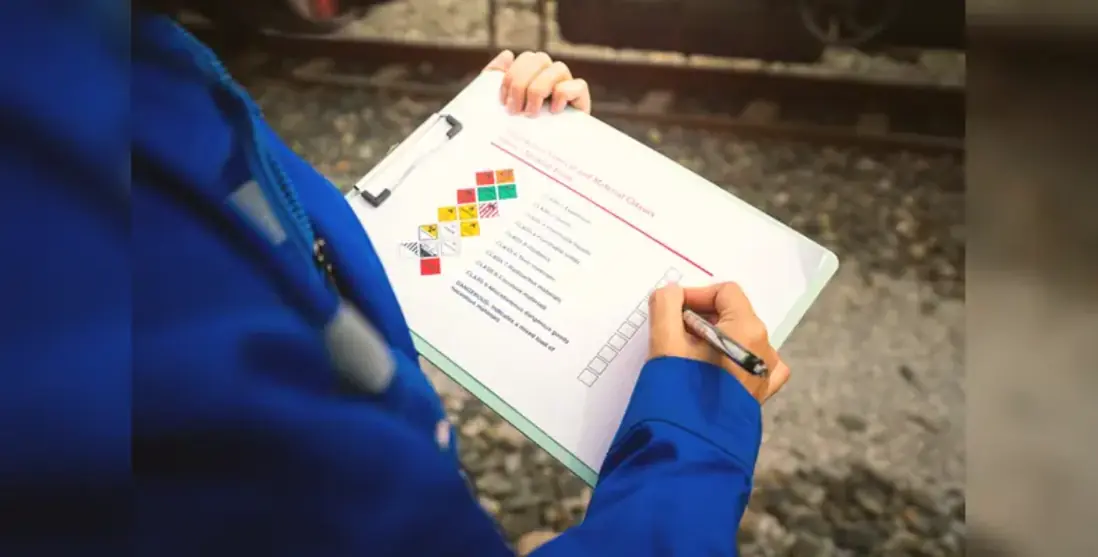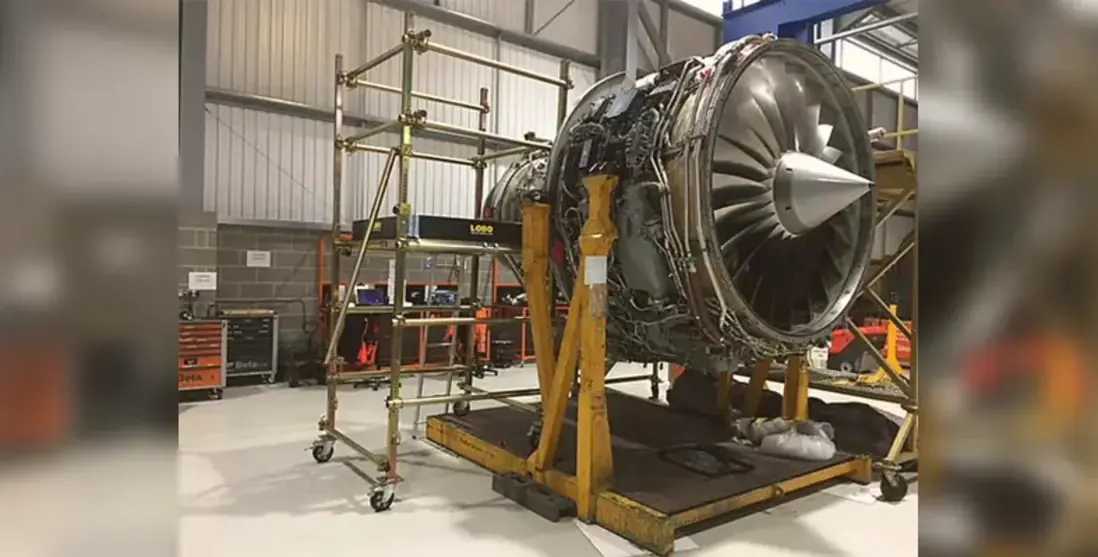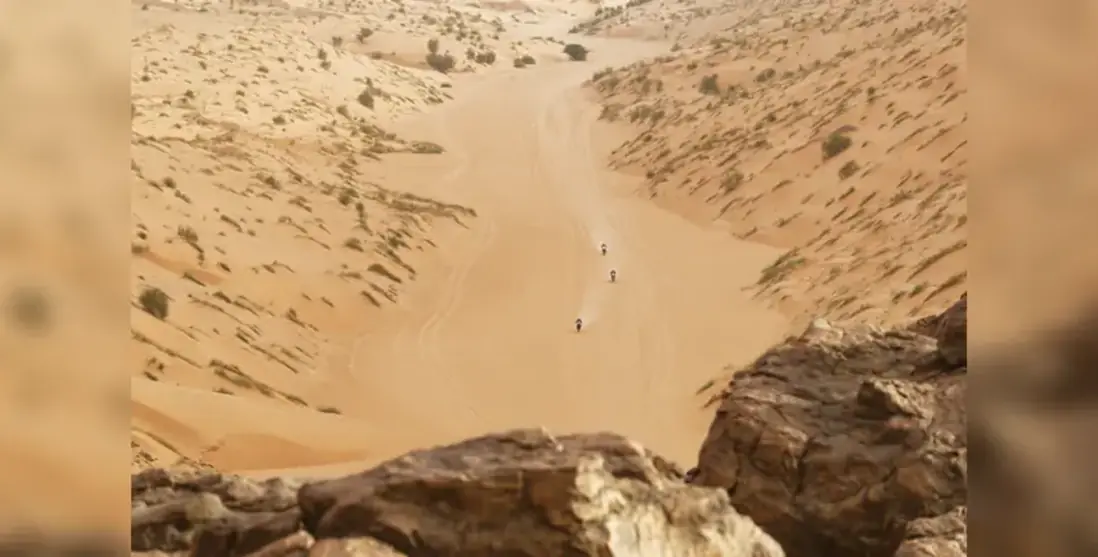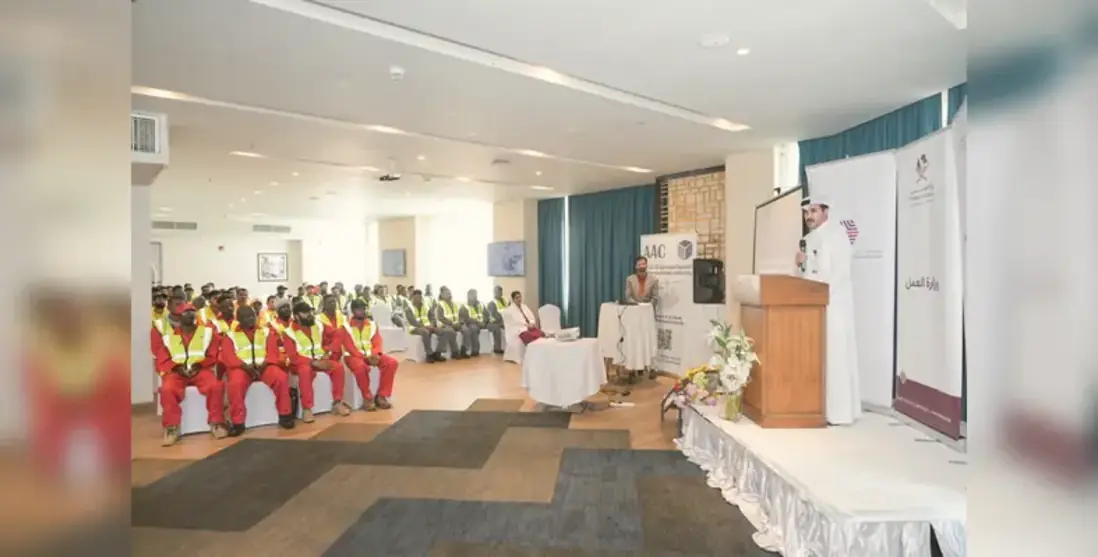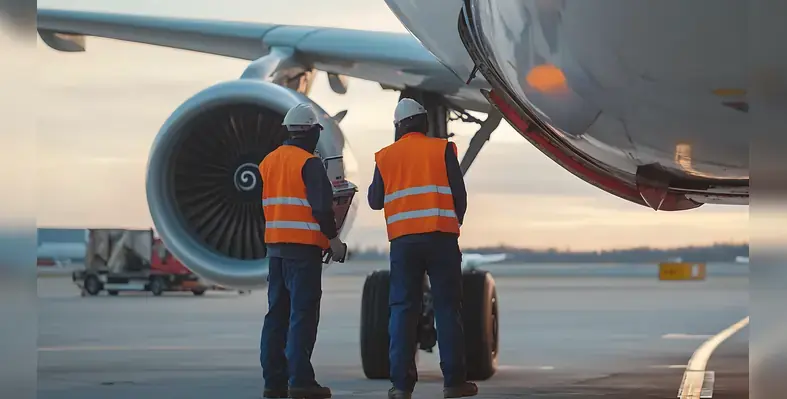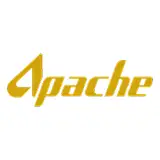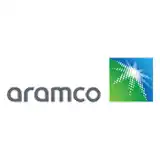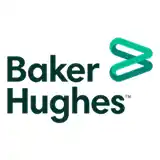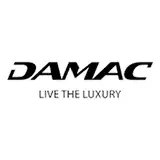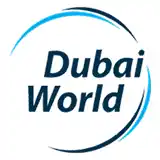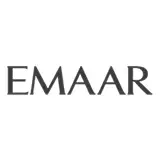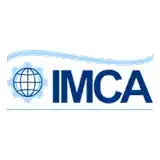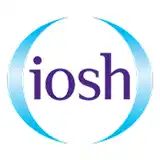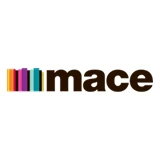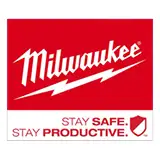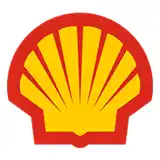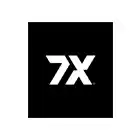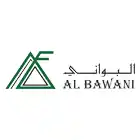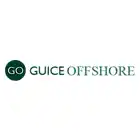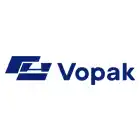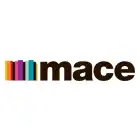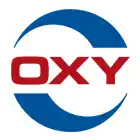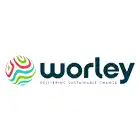Latest News
-
Dubai Civil Aviation Authority (DCAA), one of Dubai’s key aviation regulators, has wrapped up its participation at the Dubai Airshow 2025 with a strong international showing that reinforced the emirate’s status as a global centre for aviation excellence and technological innovation.
The event, staged at Dubai World Central from 17-21 November under the theme “The Future Begins Here,” marked another significant step in the rapid expansion of both the aviation and space sectors.
During the Airshow, DCAA achieved several important milestones, led by the signing of two Memoranda of Understanding with Dubai Police and Dubai Customs. These agreements are designed to strengthen institutional collaboration and align efforts to uphold the highest levels of safety, security and operational efficiency across Dubai’s airspace.
The partnerships will focus on creating new frameworks for operational coordination, sharing expertise and critical information, and developing joint initiatives that contribute to long-term sector sustainability. The move aligns with Dubai’s wider ambition to build a smart, unified and future ready aviation ecosystem.
Commenting on the occasion, H.E. Mohammed Abdulla Lengawi, Director General of the Dubai Civil Aviation Authority, stated: “The remarkable success of the Dubai Airshow 2025 reflects the Authority’s firm commitment to supporting innovation and enhancing the sustainability of the aviation sector. This year’s edition provided a global platform for knowledge exchange and partnership-building, demonstrating the sector’s resilience and its ability to evolve. The Memoranda of Understanding signed by the Authority represent an important step toward a more efficient and innovative future, further strengthening Dubai’s position as a leading global centre for civil aviation. This aligns with our continued efforts to elevate operational efficiency and enhance security and safety standards across the UAE’s airspace.”
How do complacency and human factors contribute to workplace injuries, and how can you prevent complacency-related injuries and incidents?
That is the subject of a webinar hosted by HSE Review in association with SafeStart, to take place on Wednesday 1st April 2026 at 2pm GST, which will shine a light on the neuroscience behind competence, complacency and human factors.
Safety professionals have known for years that “complacency is a silent killer.” They have also suspected that complacency was a contributing factor in almost every unintentional injury or incident. Unfortunately, from a neuroscience perspective, it is impossible to stop people from becoming complacent once they are competent. And for high-risks tasks in particular, competence is a must.
Even more unfortunately, many (most) companies do not know what to do to help their employees deal with complacency, which leads to mind not on task/risk.
In this session, participants will:
• Understand the neuroscience behind complacency and why it cannot be eliminated once competence is achieved
• Recognise the two stages of the complacency continuum and how human factors impact critical decision-making
• Learn practical skills to prevent complacency-related injuries, including attentive habits, looking for risk patterns in others, analysing close calls and small errors to prevent agonising over large ones, and using self-triggering skills, to deal with rushing, frustration and fatigue which, when combined with complacency, can cause fatalities
• Explore how concepts such as fail-safe can help compensate for complacency leading to mind not on task.
Register for the webinar here
Our speaker is Larry Wilson, a pioneer in the area of Human Factors in safety. He has been a safety consultant for over 25 years and has worked on-site with hundreds of companies worldwide. Larry is the author of SafeStart, an advanced safety and performance awareness programme, successfully implemented in more than 4,500 companies in 75 countries, with more than five million people trained. He is the moderator of the SafeConnection expert panels series and has authored and co-authored a number of books, the latest being “25 Years of Original Thought-Innovations in Safety, Human Error and Performance”. Larry is also an active keynote speaker at health and safety conferences around the globe (32 countries so far).
Participants are guaranteed an hour of engaging and thought-provoking interactive discussion and debate and will take away the understanding, skills and strategies to help prevent complacency-related injuries and incidents.
So don’t delay, register for the webinar here
SafeStart Trainer Certification – Global Training Series
Following strong demand last year and impact across global markets, we’re also launching the SafeStart Trainer Certification – Global Training Series, starting with Dubai on 7–8 April 2026.
This is a practical, human factors–based certification designed to help organisations reduce incidents, strengthen decision-making, and improve overall safety performance, on and off the job.
Find out more information and register here:
What makes us different?
Connecting Innovation, Expertise, and Collaboration for a Safe and Sustainable Future.
Our Mission
We create products that transform how people and industries deliver their HSE function. Whether delivering cutting edge content, fostering collaboration, or building connections, we thrive at the intersection of government, industry, and innovation.

Our Approach
As a leader in global HSE strategy and communication, we tap into our international network of experts to address key challenges. Through research and collaboration, we provide insights that help businesses navigate a rapidly evolving market.

Our Purpose
We act as independent influencers, championing innovation, collaboration, and evolving industry HSE standards. By fostering dialogue and partnerships, we contribute to the safe, efficient, and sustainable growth of Health, Safety and Environmental Sustainability.
Most Read
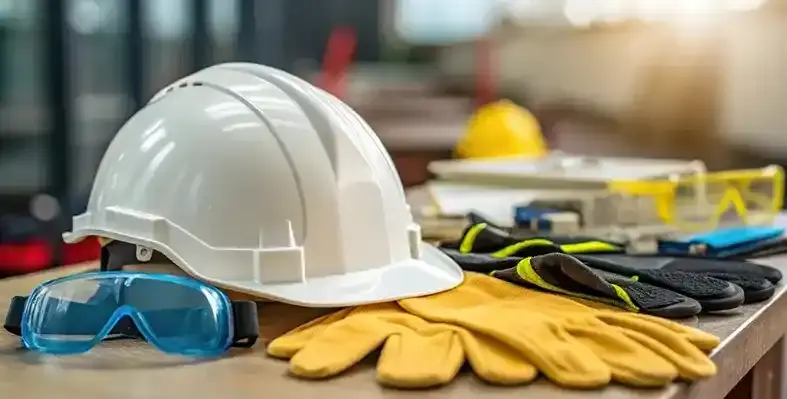
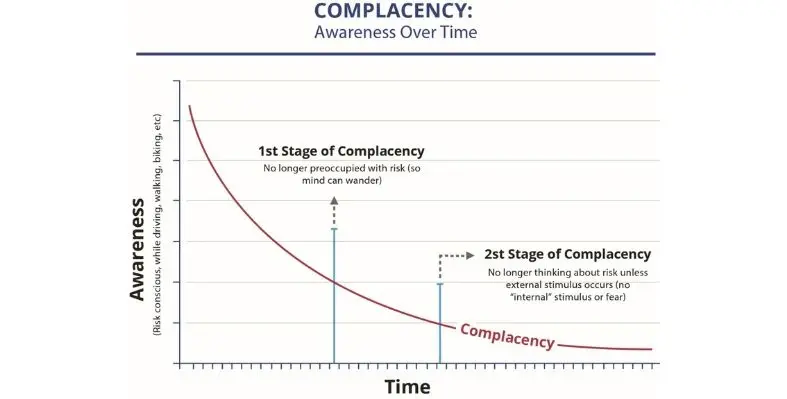
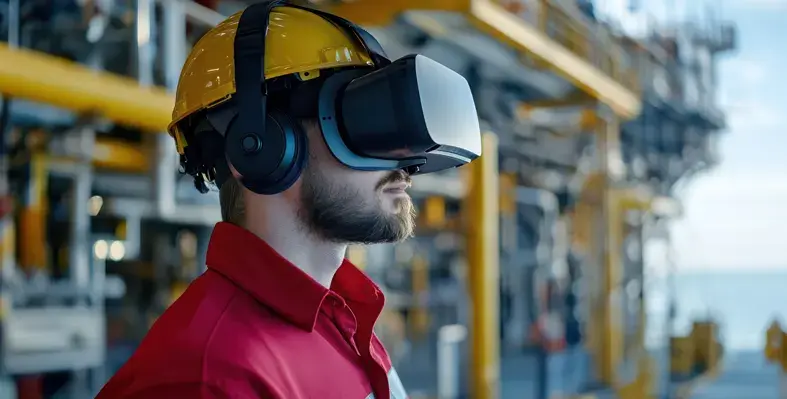

Featured stories
